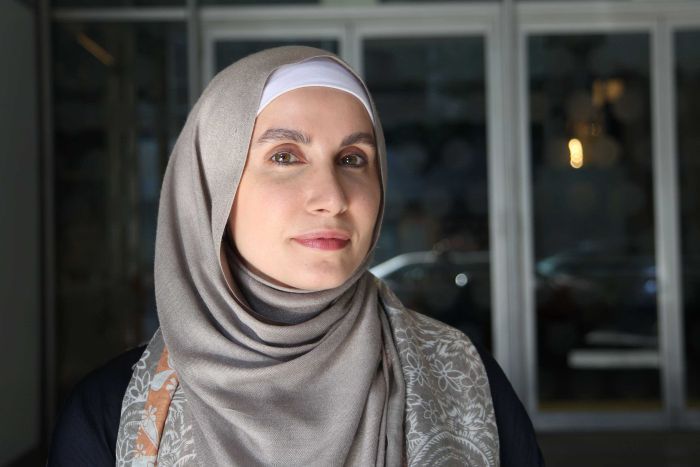
Fifteen years ago, Mariam Ardati experienced a terrifying car accident which resulted in a near-death experience. Luckily, she was able to walk away from it unscratched but the experience prompted two things — a reconnection with her Muslim faith and an interest in, well, death. “I was largely self-centred up until that accident happened, and it helped me find purpose and meaning.”
Today, Ms. Ardati is a doula in Australia who helps people in the Muslim community transition from life to death. She supports the dying and their families in the lead up to death, then leads the ritual care for the body of the deceased. Islamic death rituals requires the body be buried as quickly as possible, which can be difficult in the event of a sudden death. “It’s an honour to bury the deceased within 24 hours,” Ms. Ardati explains.
Muslim burial rituals have a “very human touch”, says Professor Mohamad Abdalla, director of the Centre for Islamic Thought and Education at the University of South Australia. He explains that the body is positioned with the head facing Mecca, the traditional direction of prayer. “With the soil of the grave they make a small pillow to lay his or her head.”
Ms. Ardati says her main objective these days is to increase “death literacy” in her own community. She says she is thankful that her own near-death experience taught her that she wasn’t invincible, and that it gave her purpose and meaning. “I didn’t find that in the world of the living — I found it in the world of the dead.”



